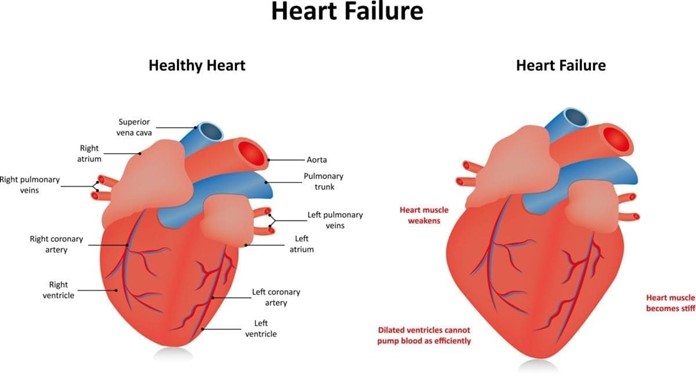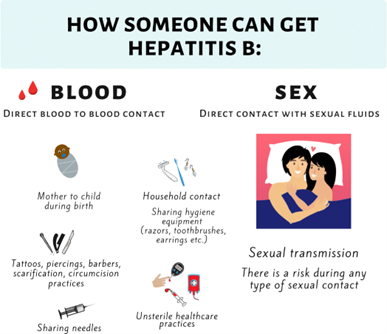The practical nurse (PN) is planning care for a child with heart failure. Which intervention should the PN give the greatest priority?
Monitor therapeutic level of phenytoin.
Increase fluid intake.
Cluster care to conserve the child's energy.
Restrict intake of foods high in sugar.
The Correct Answer is C
For a child with heart failure, the greatest priority for the practical nurse (PN) is to conserve the child's energy. Clustered care activities and rest periods will help to conserve the child's energy and minimize the workload on the heart.
Monitoring therapeutic levels of phenytoin (A) is not relevant to the care of a child with heart failure. Increasing fluid intake (B) is not a priority intervention for a child with heart failure, as excessive fluid intake can worsen heart failure. Restricting intake of foods high in sugar (D) may be necessary for a child with heart failure, but it is not the greatest priority for the PN to address.

Nursing Test Bank
Naxlex Comprehensive Predictor Exams
Related Questions
Correct Answer is B
Explanation
The priority action for the practical nurse (PN) to take while caring for a client that has just arrived in the emergency department with 2nd degree thermal burns to the right thigh, lower leg and foot, and reports severe pain in the right leg is to remove clothing and cover the burned area with a cool damp cloth. This will help to cool the burn and reduce pain.
Anticipating rehydration of 1000 mL/6 hr. with normal saline (Option A) is an important intervention for burn patients, but it is not the first priority. Completely flushing the burned area with water or sterile saline (Option C) may be appropriate in some cases, but it is not the first intervention that should be implemented. Collecting data such as vital signs, blood gases, height and weight (Option D) is also important, but it is not the first priority.

Correct Answer is D
Explanation
The best response for the PN to provide is that **an immunization may be administered for hepatitis B, and a consent form must be signed**. Phytonadione is a form of vitamin K that is given to newborns to prevent vitamin K deficiency bleeding (VKDB)¹. Vitamin K should be administered to all newborn infants weighing>1500 g as a single, intramuscular dose of 1 mg within 6 hours of birth¹. However, this is not the only injection your baby may receive while in the newborn nursery. An immunization for hepatitis B may also be administered before you can go home⁴.


Whether you are a student looking to ace your exams or a practicing nurse seeking to enhance your expertise , our nursing education contents will empower you with the confidence and competence to make a difference in the lives of patients and become a respected leader in the healthcare field.
Visit Naxlex, invest in your future and unlock endless possibilities with our unparalleled nursing education contents today
Report Wrong Answer on the Current Question
Do you disagree with the answer? If yes, what is your expected answer? Explain.
Kindly be descriptive with the issue you are facing.
